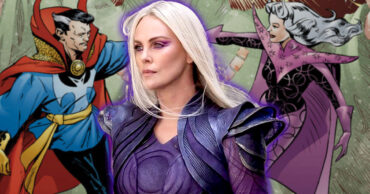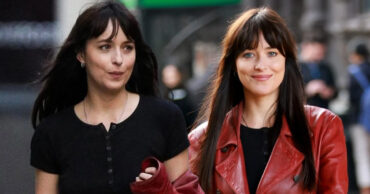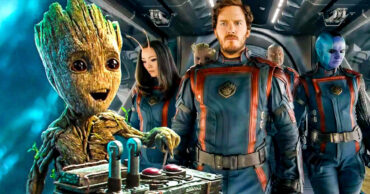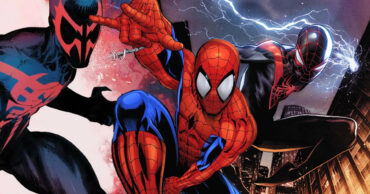The MCU is a franchise that celebrates the feats of its superheroes, and reflects on who a superhero is without a supervillain? One of the criticisms of this franchise is its obsession with killing off villains in each film, but what this means is that there is a steady stream of villains. With more than 30 films since the inception of the MCU, there has been an equal amount of villains that have graced the lives of its heroes. Some of the MCU villains are aligned with another villain’s motivation like we had with Ronan and Thanos, while others have completely different dreams and goals.
However, one thing is clear about the MCU and that is its love for misguided messiahs as villains. These villains have taken it upon themselves to correct a general defect, fix the world, and make it a better place only in ways that are completely defined by what is “better” to them, all at the price of things that are too costly. This theme of misguided messiahs adds dimension to the MCU’s approach to villains. Compelling antagonists are integral to the success of a superhero story, and the use of the misguided messiah trope is a clever way to test the waters and ask probing questions of the audience. By no means does it trivialize the hero, rather it expands the picture – no matter how altruistic the villain’s intentions might seem, it doesn’t justify their wrongdoings done in the name of the greater good.
Thanos’ Plan To Save The World Was Dead On Arrival
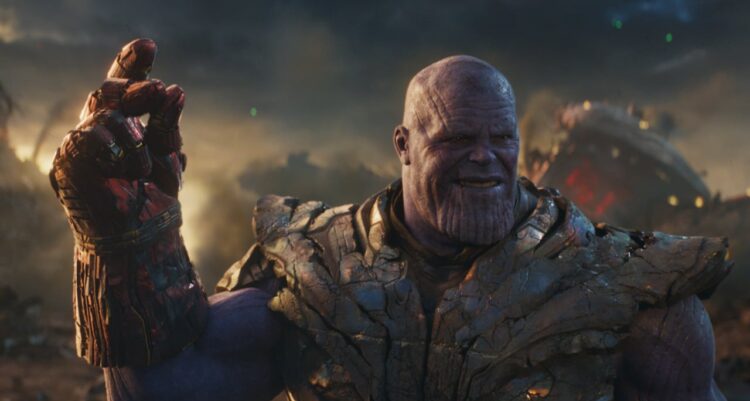
One of the more popular villains and perfect example of a misguided messiah in the MCU is non-other than the Mad Titan, Thanos. He had the great plan of halving the universe’s population to ensure that the resources available would match the needs of those left behind, to achieve balance. What Thanos did not anticipate was that uprooting half of the world would come with its own problems, and lead to further imbalance. Furthermore, Thanos’ plan was of limited efficacy, as it failed to address the root causes of overpopulation and resource depletion such as poverty, economic inequality, and the misuse and hoarding of resources.
This ill-thought plan fails to account for the psychological, social, and economic impacts that his actions would have on society, as we see in the miniseries, The Falcon and the Winter Soldier. It ignores the fact that people are more than simply statistical figures where mathematical functions can solve problems and that their lives have intrinsic value and meaning regardless of their societal contributions.
The High Evolutionary’s Ploy For The Perfect World Fails
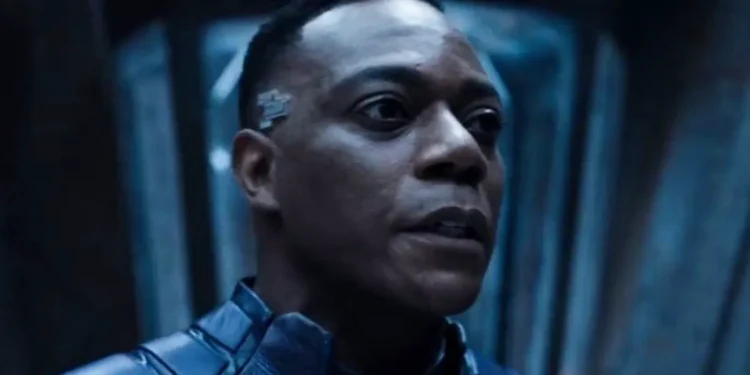
The High Evolutionary is the villain in the 2023 Guardians of The Galaxy Vol. 3, and just like the mad titan, he harboured dreams of creating the perfect world. Devoid of humans and the things he thought made the earth a terrible place. His replica of Earth called, Counter-Earth consisted of Anthromorphic animals with language and civilization. But when this failed and the same problems that plagued Earth started to manifest in his planet, he annihilated everyone and destroyed the planet. While still chasing an ideal that was devoid of the things that define people and propel them to good behaviour.
This failure to see the human side of the equation is what ruins these villains’ plans. Being a messiah is a fool’s dream, and it is much worse when the critical examination that complex problems deserve is missing. It shows the dangers of falling for simplistic and extreme ideas without fully considering their effects on people and society as a whole and being a messiah is not the be-all and end-all of complex problems.
 Follow Us
Follow Us
